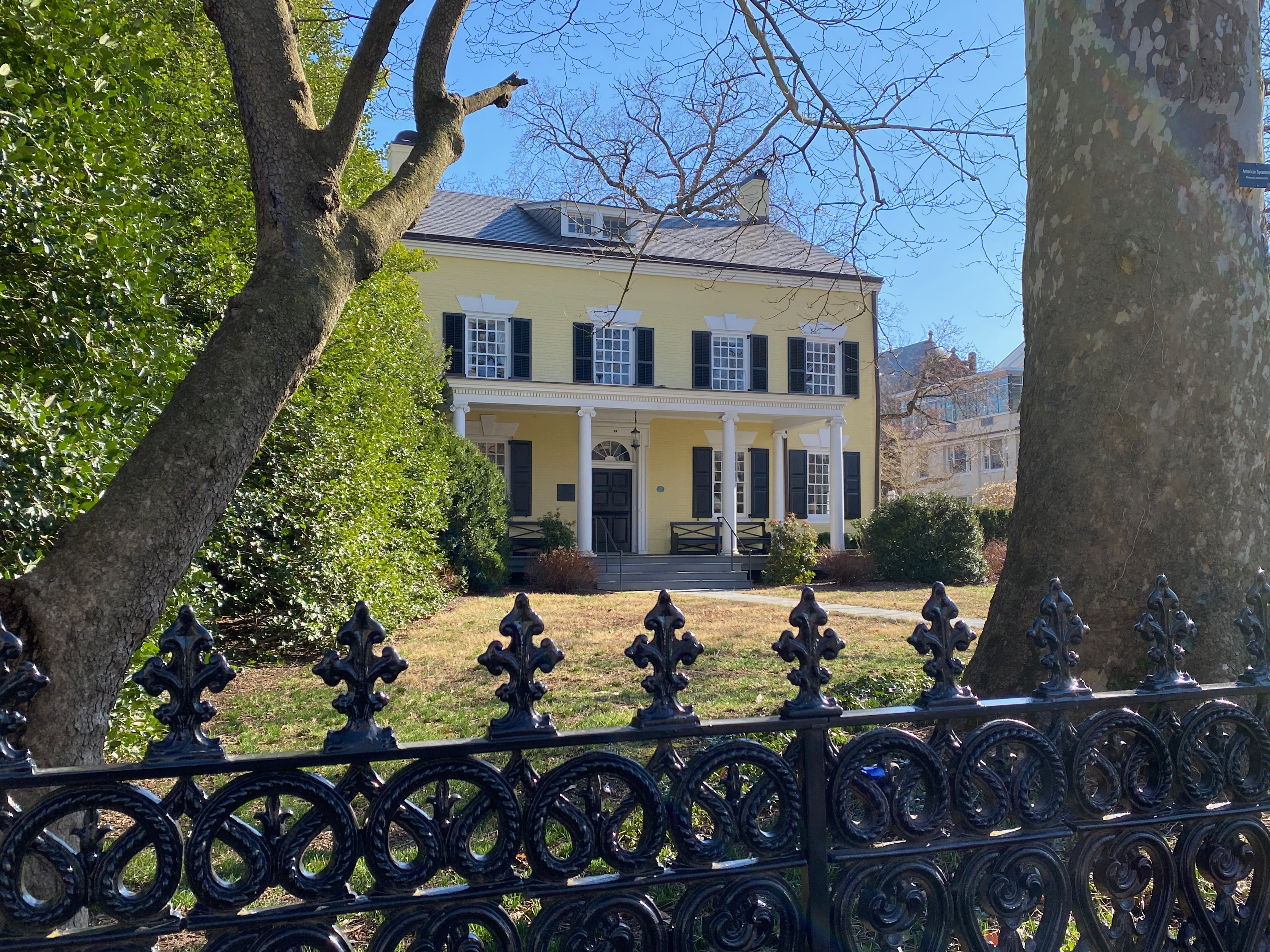John Maclean, Jr.
A president of the university, Maclean was practically guaranteed some sort of legacy on campus, though what that legacy would look like certainly wasn’t guaranteed. While his work as university president may have been critical and a peak in his career, it’s his work with the then new alumni association that seems to be the most visible part of his legacy today.
Maclean’s Life, Briefly
John Maclean was a clergyman and educator who served as the tenth president of Princeton University. As the youngest graduate of the class of 1816 at Princeton, he moved on to pursue a divinity degree at Princeton Theological Seminary. He then became a tutor and eventually full professor, vice-president and then president of Princeton University in 1854. As Vice-President he added notable names to the faculty such as Arnold Guyot and Joseph Henry. Maclean had the reputation among students as being kind, humorous, and generous to all. He also was one of the first advocates for public education in the community beyond the campus. As president, Maclean navigated the burning of Nassau Hall in 1855 as well as the enrollment drop due to the Civil War. He, alongside other faculty members, advocated strongly for the side of the Union. Still, Maclean is remembered for his commitment to preserving Princeton’s ties to the South as well as his efforts to close the gaps between the North and South after the Civil War.
A Personal Fundraising Effort
The son of a now controversial member of Princeton’s history (the senior Maclean owned slaves), John Maclean Jr. was often found bridging gaps between the North and South, promising Southerners after the Civil War that they still had a place at Princeton. A window into his personal opinions on the matter comes in the form of this American Colonization Fundraising Notice that was placed by John Maclean Jr. in support of the New Jersey branch of the American Colonization Society in 1874. Within the fundraising notice, Maclean calls for funds to support the idealized “Christian Mission” of colonizing Christian Blacks from Liberia.
“A Severe Loss” And The Beginnings Of Alumni Relations
About a month after Maclean’s death The Daily Princetonian published a tribute to him, characterizing his death as “a severe loss” for the Princeton community. It traced his life from his Scottish ancestry through his many promotions at Princeton, including his long presidency. The tribute then turns to his contributions beyond Princeton, including as a regent of the Smithsonian Institute. In terms of a Princeton legacy, the tribute describes Maclean as a president who presided over “a period of great advancement.” However, it’s Maclean’s briefly mentioned role as President of the College Alumni Association that his legacy may be most visible at Princeton today.

In fact, the John Maclean House (the building marked on this project’s Story Map for Maclean and picture above) has housed the Alumni Association since 1968. It’s a fitting name and use given all the ties to Maclean. He was the last president to live there for his entire term. (President McCosh moved to Prospect house during his term.) Plus, Maclean was not only a president of the alumni association but in fact also founded it. With this in mind, in some ways, the annual, quintessential Princeton Reunions are also indirectly a part of Maclean’s legacy that continues on the campus today.
Overall, Maclean’s legacy at Princeton isn’t one to currently draw as much attention as some of the others featured in this project. Still, this doesn’t mean his legacy is entirely insulated either given his tenure as president during the Civil War and his complicated relationship with slavery and southern interests at Princeton. But for now, Maclean’s old house remains the center for alumni life on campus.
Further Resources
“10. Maclean, John Jr., Class of 1816 - Princetoniana Museum.” Link.
“1756: President’s (Maclean) House - Princetoniana Museum.” Link.
Hollander, Craig. “John Maclean Jr. and Princeton’s Commitment to Sectional Harmony.” Link.
Maclean, John. “American Colonization Society Fundraising Notice.” The Princeton Press. November 14, 1874. Link.
“Princetonian 17 September 1886 — Princeton Periodicals.” Link.
